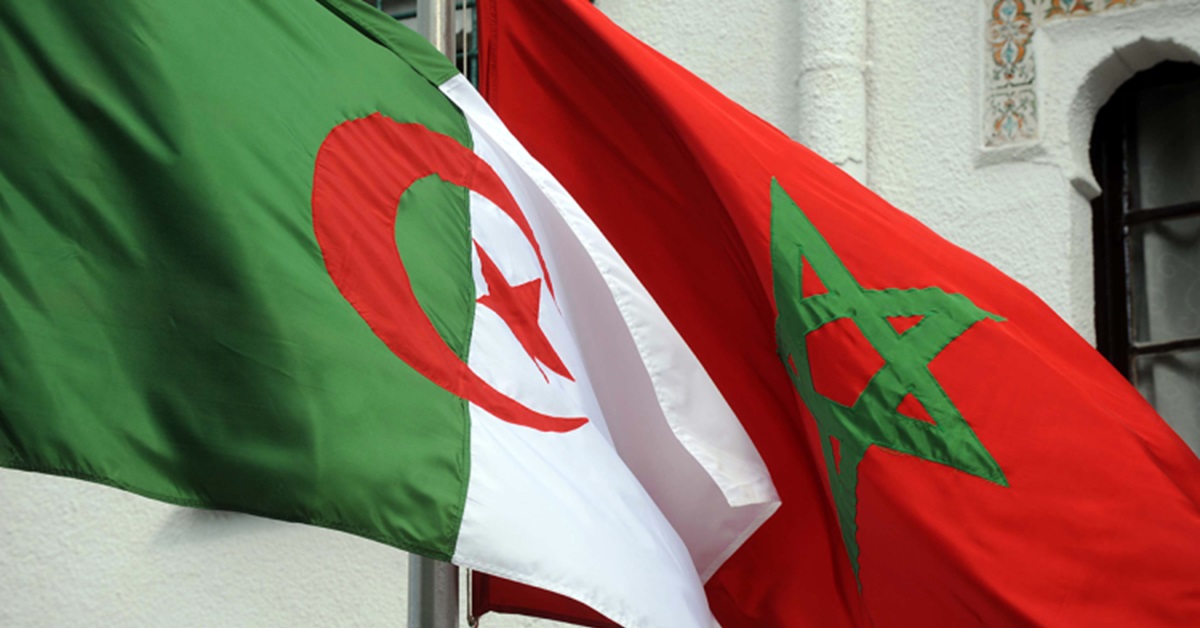The rivalry pitting Rabat against Algiers has been intensifying for years. But there are increasing risks that the political and economic competition between the two North African neighbors will accelerate into new and more challenging directions.
During the 37th African Union summit in Addis Ababa, Algeria reportedly undertook diplomatic efforts to influence Sierra Leone’s position on Western Sahara.
Dr. Mohamed Juldeh Jalloh, the Vice President of Sierra Leone, stood at the forefront of the African Union’s 37th Assembly of Heads of State and Government in Ethiopia on February 17th, 2024. Acting on behalf of President Bio, Dr. Jalloh delivered two pivotal reports, underscoring Sierra Leone’s commitment to regional advancement and global reform.
Addressing the esteemed gathering, Vice President Jalloh articulated the significance of the reports with fervor. “Firstly,” he proclaimed, “the 24th C-10 report on the reform of the UN Security Council,” symbolizing a concerted effort towards reshaping global governance. Sierra Leone’s proactive stance in advocating for a more inclusive and representative UN Security Council resonated powerfully throughout the assembly.
On February 19th, the foreign ministers of Algeria, Mozambique, and Sierra Leone – all non-permanent Security Council members – met to discuss strategies for «preserving the momentum of common African action for just causes», specifically including «decolonization of Western Sahara», according to Algerian diplomatic sources.
Later that day, Algerian Foreign Minister met Sierra Leone’s Vice President Mohamed Juldeh Jalloh. The meeting was said to address strengthening bilateral relations, following Sierra Leonean President Julius Maada Bio’s visit to Algeria in January. Bio’s visit was preceded by a trip by Sierra Leone’s Chief of Defense Staff, General Peter Kakowou.
The main issue underlying the dispute between the two countries is not new. Morocco has long claimed that the Western Sahara, a resource-rich former Spanish colony in West Africa, is part of its own territory. Rabat has made securing international recognition for its sovereignty over the territory its main diplomatic objective. Algeria, by contrast, has continued to support the Polisario Front, which has fought for the independence of what it calls the Sahrawi Arab Republic since the early 1970s.
The growing dangers arise from a confluence of factors. First, the military buildup from both sides has continued to ratchet up tensions. Second, Algeria’s growing diplomatic assertiveness will increase its voice in international affairs. Third, on the ground, Morocco’s willingness to use drone strikes to eliminate members of the Polisario Front has the potential to precipitate an escalation.
It is noteworthy that Sierra Leone recognizes Moroccan sovereignty over Western Sahara and established a consulate general in Dakhla in August 2021. Furthermore, Foreign Minister Timothy Musa Kabba affirmed Sierra Leone’s relentless support for Morocco’s territorial integrity in September 2023.
During the October 30th Security Council vote extending MINURSO’s mandate, Sierra Leone voted in favor, while Mozambique, which recognizes the so-called «SADR», abstained alongside Russia.
Against the backdrop of setbacks in the Sahel region, Algeria appears to be seeking diplomatic victories, and Sierra Leone’s position presents a potential target.












The Algerian military junta believes that Sierra Leone is a country without principles that can easily change its position Morocco and Sierra Leone must focus the partnership and support the volume of investments between the two countries